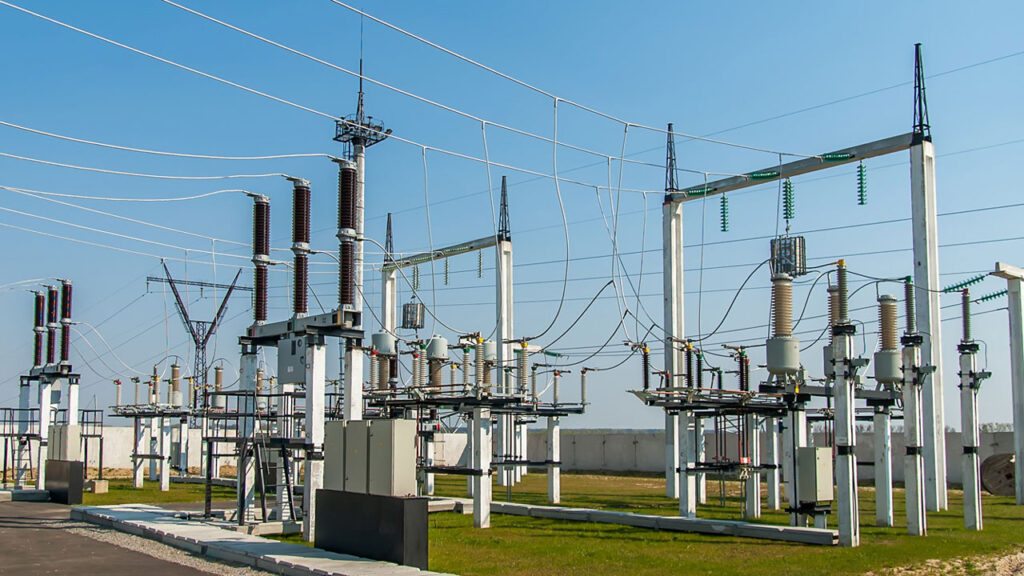This post has already been read 78862 times!
Power distribution companies in the country failed to remit a total of N158.98bn to the Nigerian Bulk Electricity Trading Plc for the invoices given to them for electricity sold to them in the first five months of the year.
The government-owned NBET buys electricity in bulk from generation companies through Power Purchase Agreements and sells to the Discos, which then supply to the consumers.
The Discos were given invoices of N230.27bn from January to May but only paid N71.29bn, data obtained from the bulk trader by our correspondent showed.
In January, seven Discos, namely Benin, Eko, Ibadan, Ikeja, Kaduna, Kano and Port Harcourt Discos, did not make any remittance to NBET.
The Executive Director, Research and Advocacy, Association of Nigerian Electricity Distributors, Sunday Oduntan, in a telephone interview with our correspondent, said, “When people talk about remittance, remittance is about us, as distributors, collecting money from customers and then paying to the value chain through NBET.
“So, NBET expects us to remit 100 per cent but we can’t because the product is not appropriately priced. The market, as it is now, has a liquidity shortfall of N1.3tn. We are buying electricity at a price that is more than the price at which we are selling. If I buy at N80 per kilowatt/hour and I’m selling at N31.56, when I sell to consumers, even if I am able to collect 100 per cent, it means I will collect N31.56. The person that sold to me at N80 is expecting N80. Can I get N80 to pay; the answer is no.”
According to him, the major problem in the Nigerian power sector is the issue of liquidity, which resulted from the failure to align the sector properly.
The ANED spokesman said, “We need to reset the sector. All of us need to collaborate; the problem is that the people in the sector are not talking to one another.
“There is no way you can collect 100 per cent of the electricity bill. When people are given N5, 000 bill, they pay N1, 000 or N2, 000. When we collect, we also have to take out our own operational expenses, and we remit what remains. It is not possible for Discos to remit 100 per cent.”
Oduntan added, “The Discos wish they could remit 100 per cent; they are not doing so because the market, as it is now, is not allowing them to charge the appropriate price for the product. So we need to realign the sector so that it can be liquid. That is the problem; it is not that we don’t want to remit. Even when we don’t remit, it is a debt.”
[Punch]



